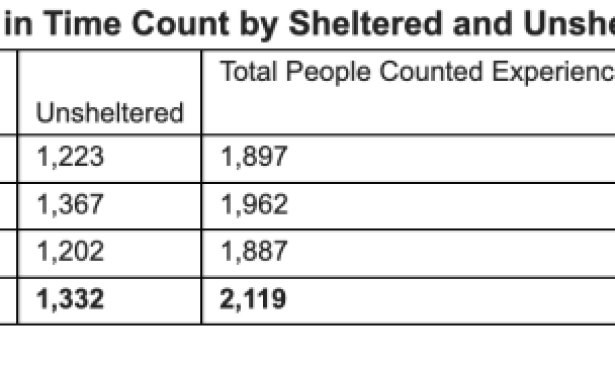Highest Level Ever of Low-Income Students Enrolled in UC System
Increase in First Generation College Students and Underrepresented Minorities Also Increase
An estimated 39 percent of all University of California undergraduates enrolled for the fall 2010 term come from low-income families, an 8 percent increase from two years ago and the largest percentage in the university’s history, according to a new UC analysis of admissions data released today.
“The numbers in this analysis demonstrate that UC remains true to its charter as a public institution,” said UC president Mark G. Yudof in prepared remarks to be delivered Friday morning at Grant High School in Sacramento, where he also noted the Oct. 1 launching of a revamped and more user-friendly UC application and information website.
The admissions analysis is based on the number of UC Pell Grant recipients, which now stands at 70,000 — also the highest in UC history. Federal Pell Grants are awarded to low-income students whose family incomes typically fall below $50,000 a year.
Yudof requested the analysis Undergraduate Access and Excellence at UC, to assess the impact of recent budget cuts and fee increases on UC’s ability to enroll an undergraduate student body that is broadly representative of California’s socioeconomic and ethnic diversity.
It also was spurred by reports from UC’s financial aid offices that more California families were filing for financial aid as a result of the recession. Yudof wanted assurance that UC costs were not freezing out families facing economic hardships.
In addition to the substantial increase in low-income students, the report also found that, for the last two years, the percentages of first-generation college students and underrepresented students admitted to UC have steadily increased, as has the academic quality of the incoming freshman class.
Yudof reassured Grant High’s diverse and mostly lower-income student body that UC’s doors remain open and that they represent precisely the kind of students UC wants applying for admission.
“Being a public university is about more than what we charge for tuition, although we are still a bargain by any measurement. It’s also about who we teach,” Yudof said. “Despite devastating budget cuts and higher student fees, we have managed not only to maintain, but to increase access for low-income students, and to enroll our most economically and ethnically diverse freshman class.”
Data analysis attributes the increase in low-income students at UC to both the continued worsening of the economy for California families and UC’s ability to keep itself accessible through its robust financial aid program. UC has set aside 33 percent of all recent fee increase revenue for financial aid.
At the same time UC increased student fees last year, it also made it easier for more families to benefit from its Blue and Gold Opportunity Plan by raising the income ceiling to qualify for the program from $60,000 to $70,000 a year. The plan ensures that eligible students will have their systemwide fees completely covered by grants or scholarships. UC also provided grant assistance to cover half of the fee increases for middle-income students with financial need and parent incomes up to $120,000 a year, allowing the university to remain accessible to students from every income level.
As student fees have increased over the past 10 years, so too have the grants and scholarships available to UC students. Altogether, grants and scholarships more than tripled during this period, from about $430 million in 2000-01 to more than $1.5 billion in 2010-11. More than 90 percent of these awards went to undergraduates with financial need.
The state’s continued commitment to the Cal Grant program also has been critical in maintaining access to a UC education for low- and middle-income students. Indeed, the Cal Grant program plays a large role in making the Blue and Gold Opportunity Plan possible.
“While ethnic and racial diversity are extremely important, it is also vital for our campuses to enroll a student body that is economically and socially diverse,” Yudof said. “Making sure students of modest means and first-generation college students can attend UC brings to our campuses different backgrounds and perspectives that enrich the educational experience of all students.”

